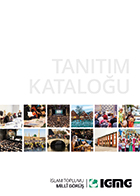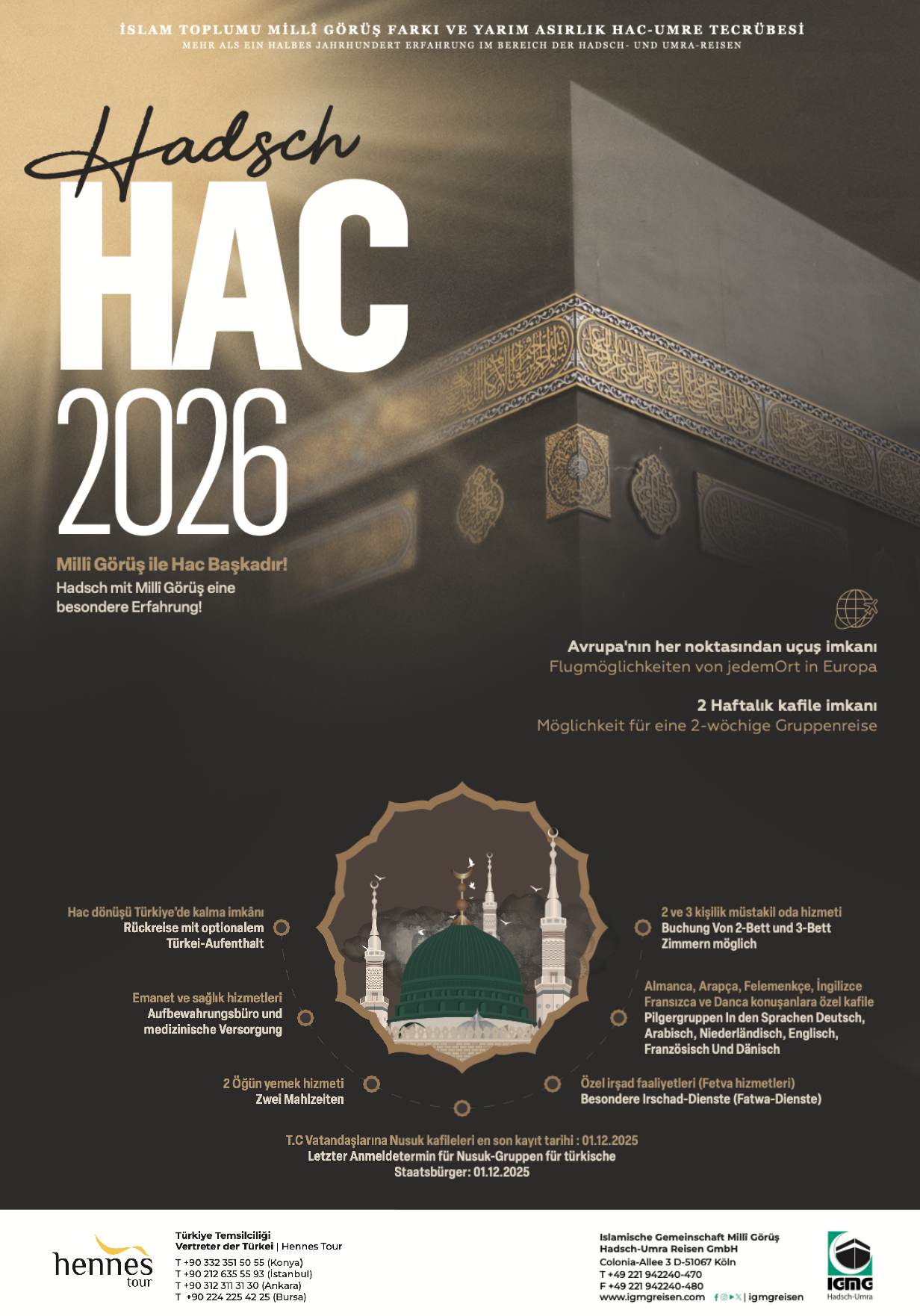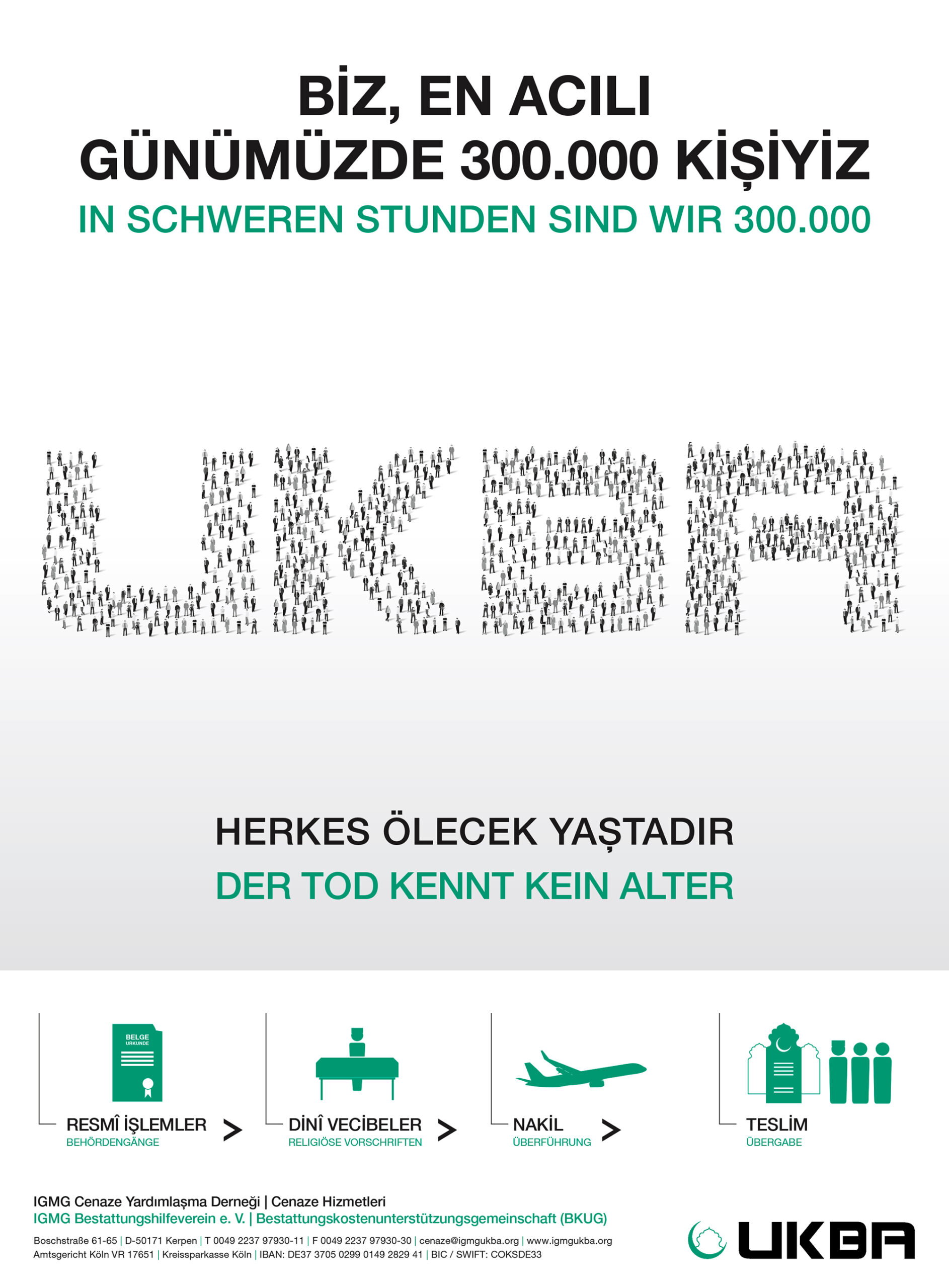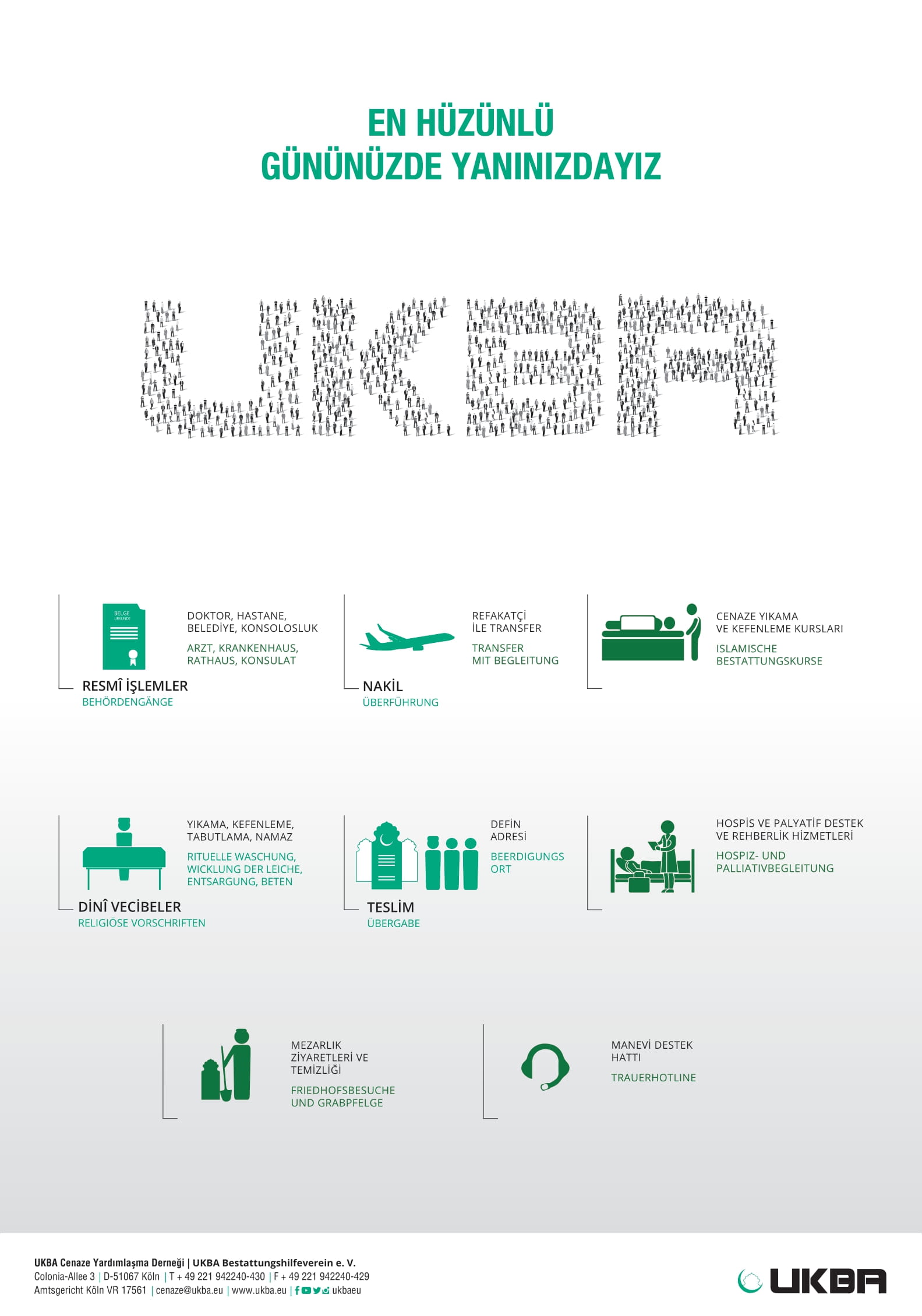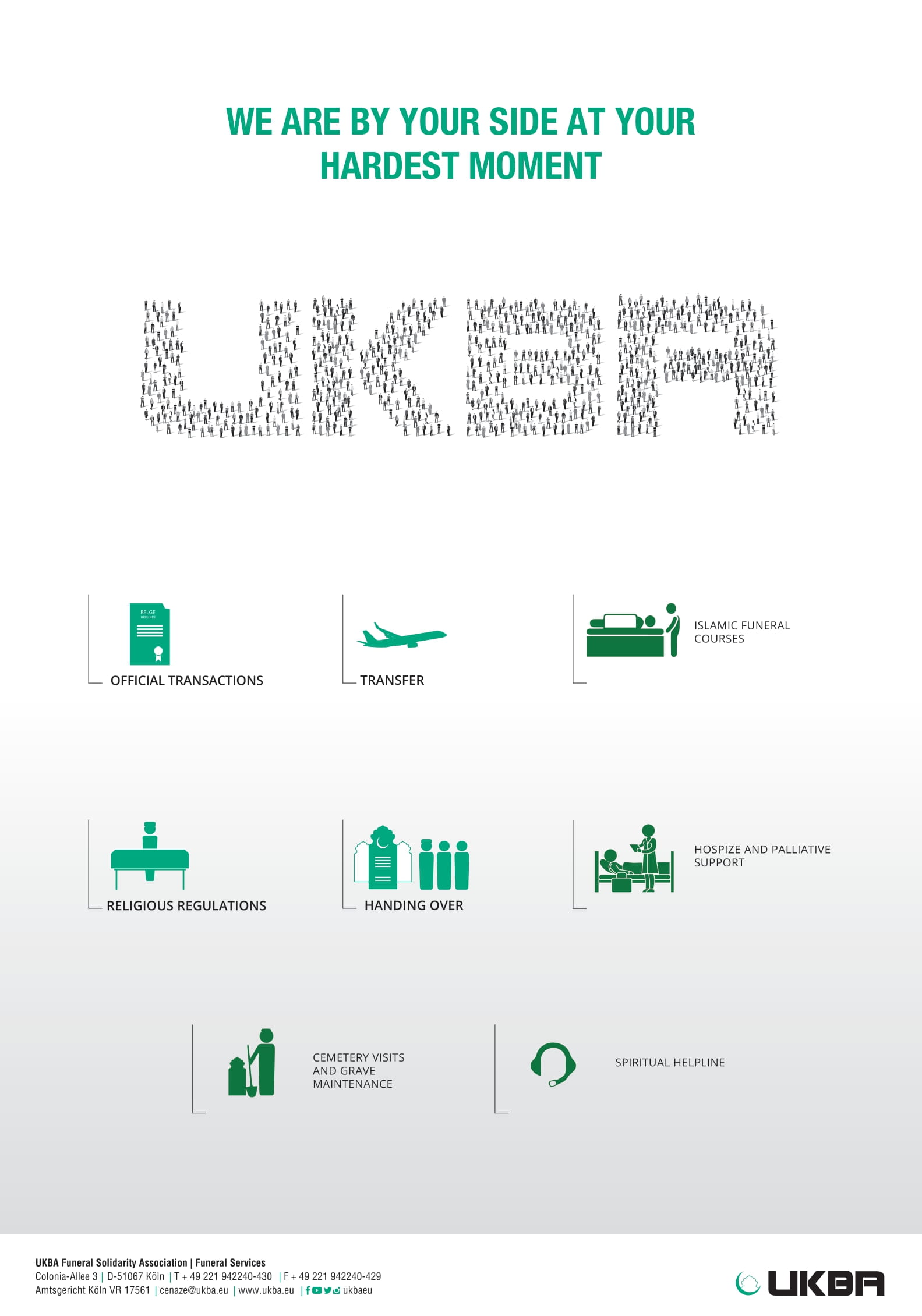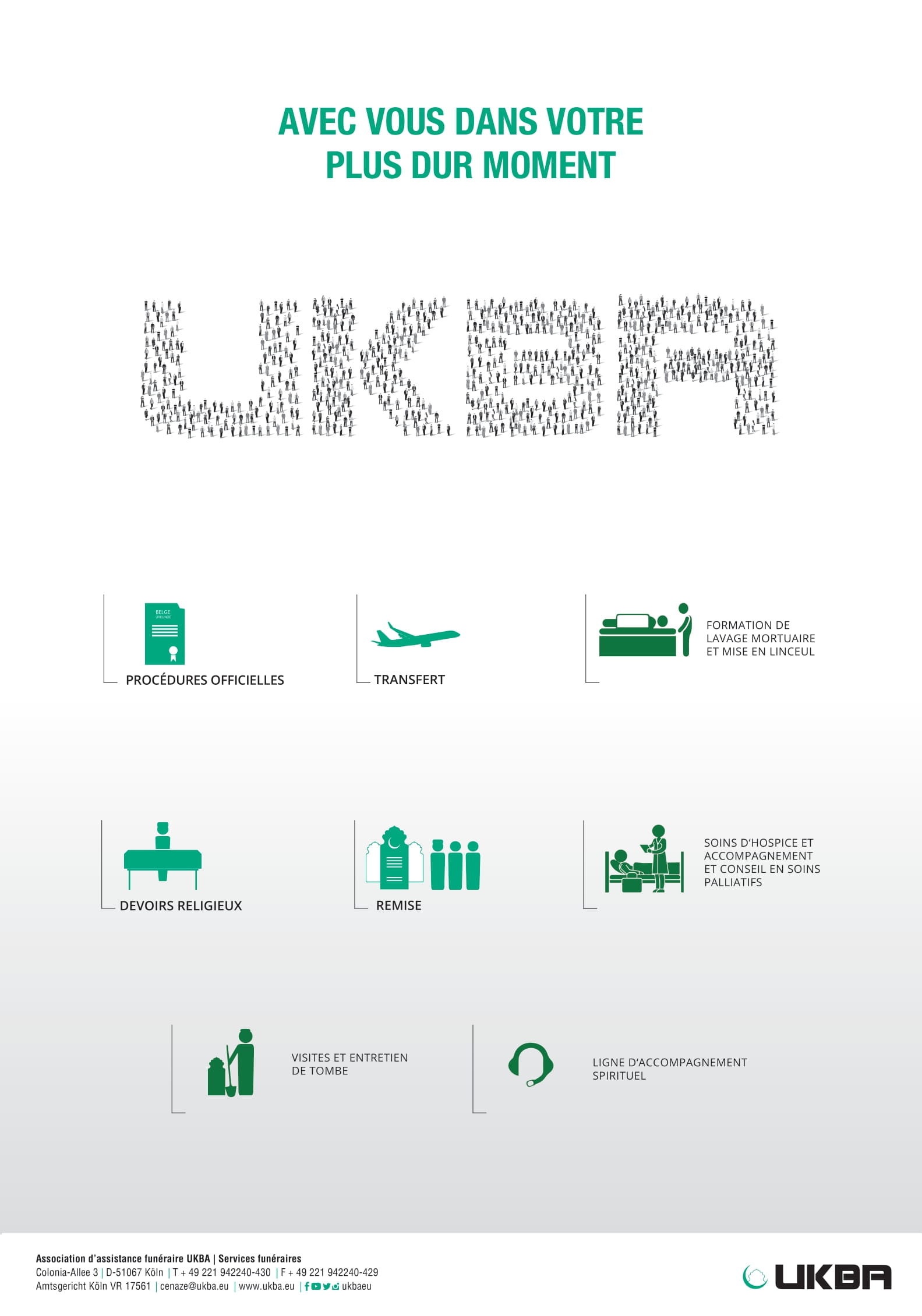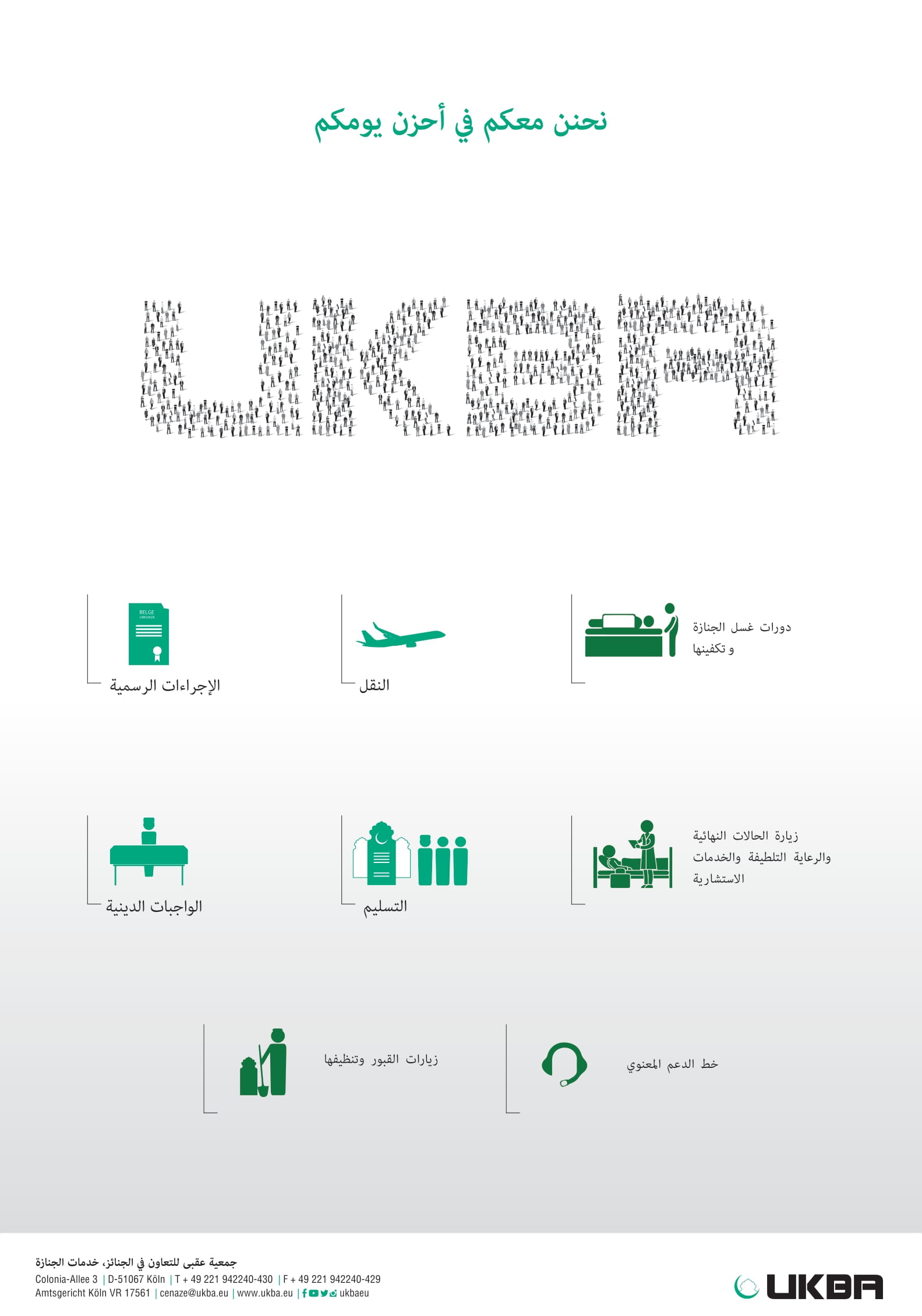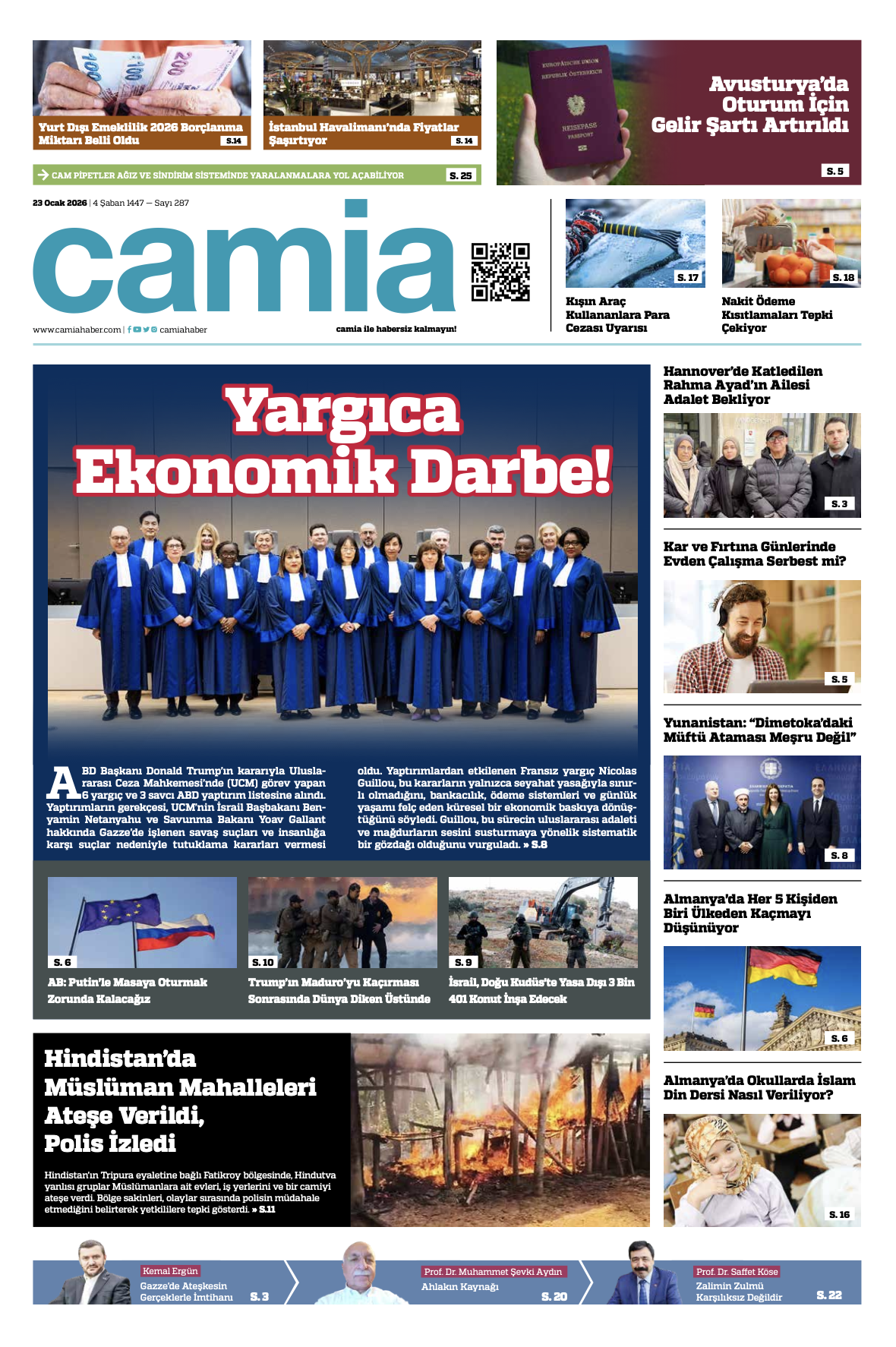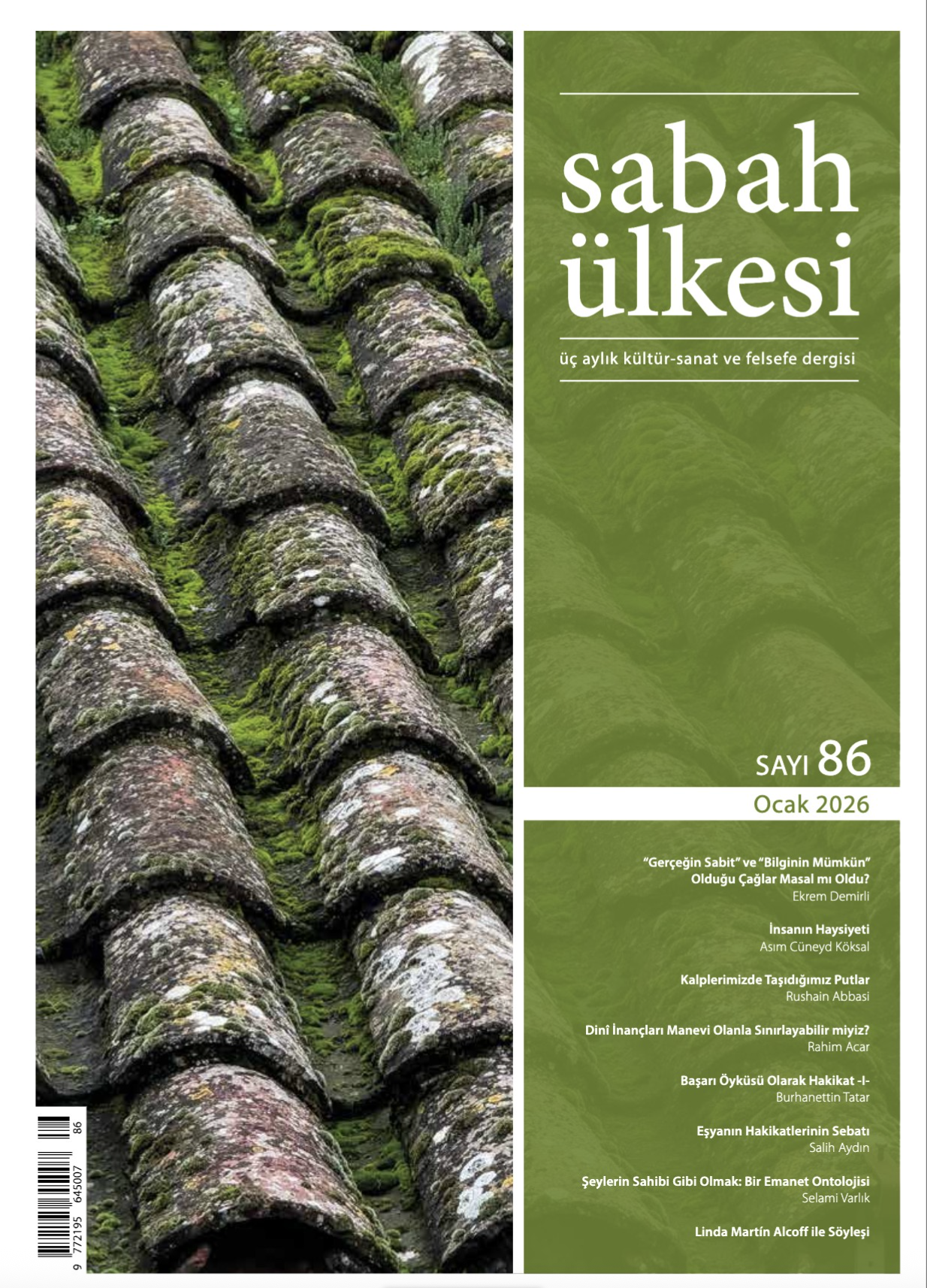Friday Khutba
Earning Halal and Consuming Halal
26. November 2025
Dear Brothers and Sisters!
One of the most important realities of the life Allah (swt) has blessed us with is our livelihood. From shelter to food and drink, our lives inevitably pass by earning and consuming to sustain ourselves. Allah (swt) says, “So eat from the lawful and pure provisions that Allah has granted you, and be grateful for His blessings if it is truly Him that you worship.”[1] A believer who has faith in Allah, His Messenger and the Day of Judgement is not only concerned with ensuring that their earnings are halal, but is equally careful that what they consume is halal as well.
Dear Brothers and Sisters!
When the Messenger of Allah (saw) was asked, “What is the most righteous form of earning?” he replied, “A lawful trade and the income a person earns through their own hard work.”[2] We benefit neither ourselves nor our families through income gained unlawfully. On the contrary, what comes through haram means leaves through haram means. Water that is not pure will inevitably contaminate whatever it flows into. Whether knowingly or unknowingly, consuming what is unlawful harms one’s spirituality and wears down the inner essence of the soul. Our beloved Prophet also warned us, saying, “For one of you, placing dirt in his mouth is better than consuming what Allah has forbidden.”[3] He advised us to avoid eating or drinking anything unlawful.
Dear Jama’ah!
Of course, in Islam, what is lawful and unlawful is established through the Qur’an and the Sunnah. No one has the authority or right to declare things halal or haram within the religion of Allah.
The Qur’an clearly states: “Do not falsely declare, with your tongues, ‘This is lawful and this is unlawful,’ fabricating lies against Allah without any evidence. Indeed, those who fabricate lies against Allah will never succeed.”[4]
No individual or institution can declare the lawful to be unlawful, or the unlawful to be lawful, based on their own interpretations. The standards set by Allah (swt) are clear and will remain unchanged until the Day of Judgement.
Dear Brothers and Sisters!
We live in an age of consumption. The consequences of unlimited and irresponsible consumption have become increasingly clear. From climate change to declining air quality and the depletion of water resources, excessive consumption has begun to harm the environment. The driving force behind this cycle of wastefulness is the loss of contentment and the rise of extravagance. Allah (swt) says, “Eat and drink, but do not be wasteful. Indeed, Allah does not love the wasteful.”[5] In Islam, wastefulness is considered haram, just like drinking alcohol, eating pork or committing adultery. In another verse, Allah describes the proper conduct of a believer: “When they spend, they are neither wasteful nor miserly but choose a middle path between the two.”[6] Let us remain mindful that maintaining a balanced approach to consumption is both a duty we owe to Allah and a responsibility we bear toward the environment.
Dear Brothers and Sisters!Today, in order to preserve awareness of halal consumption, we need a shared understanding of halal, trustworthy standards and
independent oversight. This is where EHZ – The European Halal Certification Institute plays an important role. Our institution, which you can follow at www.eurohalal.eu , audits products and production processes to ensure they meet halal standards, protects the rights of Muslim consumers and helps them shop with confidence. Let us protect what is halal for our families and children, avoid doubtful matters and support reliable institutions like EHZ. By doing so, we contribute to strengthening halal awareness across the entire Ummah. Let us conclude our khutba with the supplication of the Messenger of Allah (saw): “O Allah! Grant me sustenance from what is lawful and protect me from what is unlawful. By Your grace, make me dependent on none but You.”[7] Ameen.
[1] Surah An-Nahl, 16:114
[2] İbn Hanbel, III, 467
[3] İbn Hanbel, II, 258
[4] Surah An-Nahl, 16:116
[5] Surah Al-A’raf, 7:31
[6] Surah Al-Furqan, 25:67
[7] Tirmizî, Deavât, 110
Khutba – English
Khutba – Turkish
Khutba – German
Khutba – Arabic
Khutba – French
Khutba – Dutch
